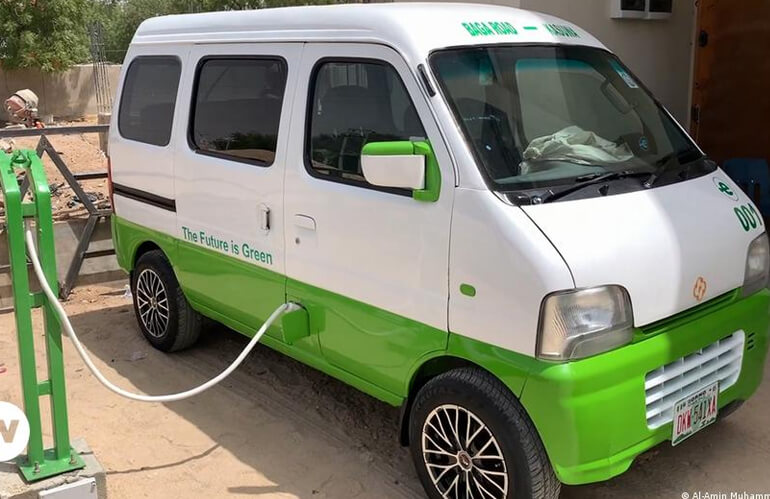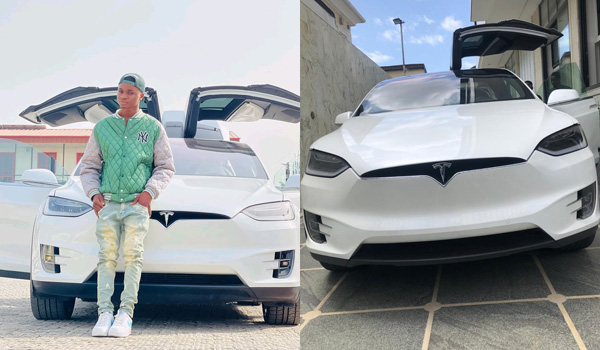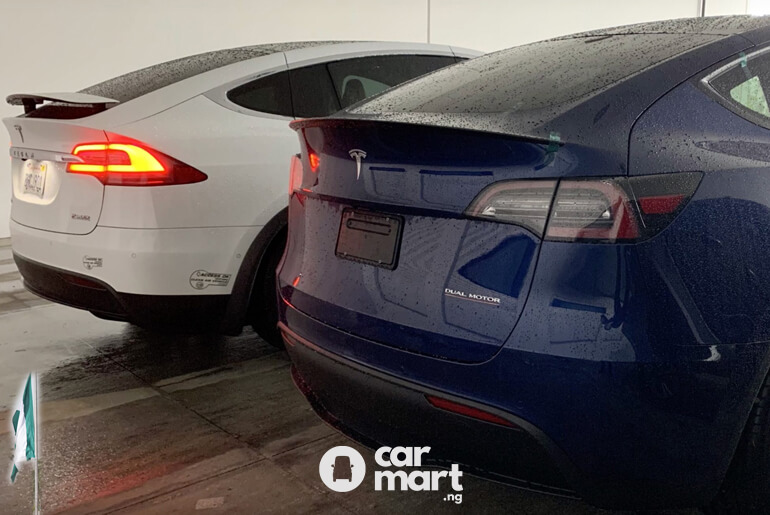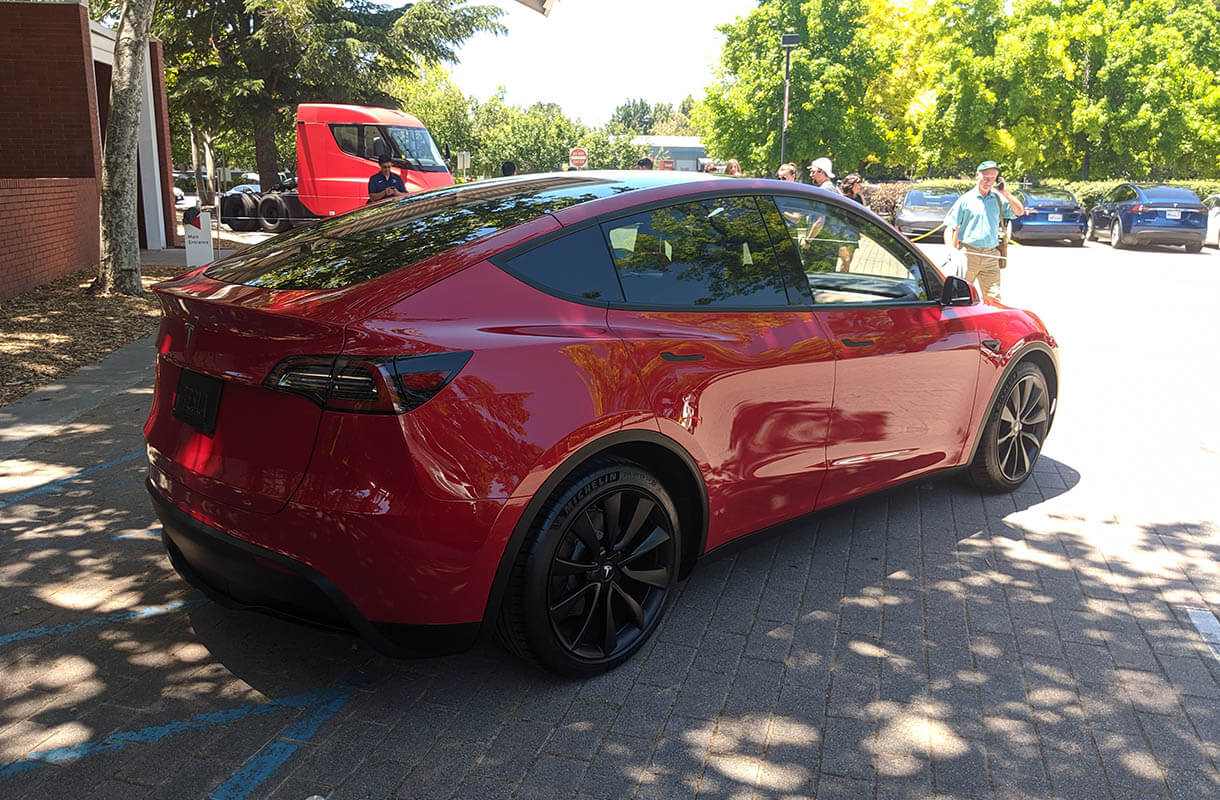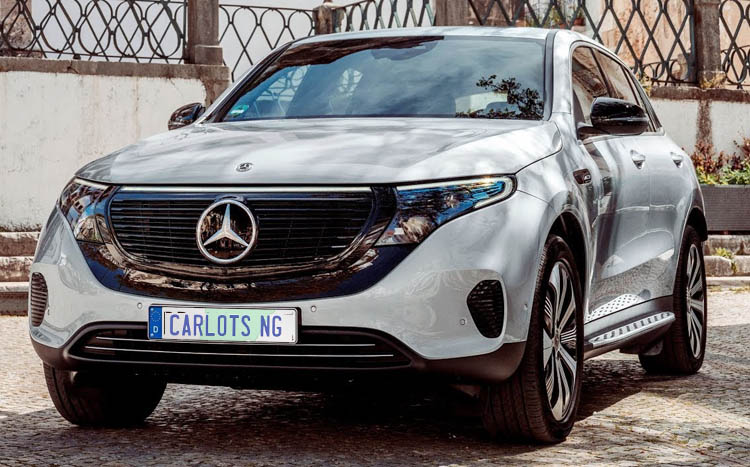The electric vehicle market in Nigeria is still a developing one. As much as there are numerous advantages of this switch in the powering of engines, there’s also the need to consider the advantages given that Nigeria doesn’t have “all” necessary resources to support the transmission.
Table of Contents
However, despite being the largest oil producer in Africa, Nigeria is aware of the need to shift away from crude oil. Why is this? Not only has crude oil become a significant source of environmental degradation, they also contribute largely to air pollution.
In Nigeria, the electric vehicle market is gradually gaining recognition. Automobile companies have now seen the mood to move from contemporary fuel-powered engines to electricity-powered ones. This especially, would contribute largely to the reduction in environment and air pollution.
Quite fortunately, the Nigerian government is all in for the switch from these fuel-powered automobiles to electricity-powered ones. The government has shown support for cleaner alternatives that can help reduce the country’s carbon footprint, and this has led to an increase in the development and sale of electric vehicles in the country.
Despite all of this, the government is putting effort into ensuring that the switch from fuel-powered automobiles to electric vehicles occurs. There are several reasons why the electric vehicle market in Nigeria is emerging. In this article, we will discuss several reasons and give the necessary information as to why the reasons are mentioned below.
Reasons Why The Electric Vehicle Market In Nigeria Is Emerging
For the following reasons, the electric vehicle market in Nigeria is emerging:
1. Government Support: Above all, the Nigerian government has shown full support towards the switch from fuel-powered automobiles to electric vehicles. The government is now putting into place certain incentives for companies that delve into the production of electric vehicles. Not only this, but the government has also reduced the import duties on electric vehicles, making them much less than they should actually cost so that the citizens can afford them.
2. Environmental Concerns: Already, it has been identified that the oil that assists in powering our engines now has a lot of detrimental effects on the environment. One of these effects is air pollution. In a bid to reduce the country’s carbon footprint and of course, reduce the effect and occurrence of air pollution, there is an attempt to switch to electric vehicles to make this happen.
3. Technology is Dominating: In this modern world, what is better than adopting the use of technology to make life easier for all? Technology is dominating and electric vehicles are one of the products of this innovation. It will benefit Nigeria to a large extent if we adopt the use of electric vehicles now when others are, especially because Nigeria is still a developing nation.
What are the Limitations to the Use of Electric Vehicles in Nigeria?
As earlier mentioned, as much as adopting the use of electric vehicles is what we crave, there are certain limitations that may hinder this development. Amongst them are:
- Electric Vehicles Are Expensive: One of the most important factors to consider is how much these vehicles cost. For an average Nigerian, one would rather purchase a cheaper fuel-powered automobile than purchase an expensive electric vehicle. Electric vehicles, at this moment, can only be considered luxury items that not everyone can own.
- Limited Infrastructure To Support The Adoption: Have we considered the inconsistency of power supply in Nigeria? Nigeria does not have enough infrastructure to support this adoption of electric vehicles. Also, there are not enough charging facilities for electric vehicles.
- Lack of Knowledge of Electric Vehicles and How They Operate: Quite a number of individuals in Nigeria do not even know what electric vehicles are, let alone have the knowledge of how to operate them efficiently. A lot of individuals are not familiar with technological advancements like this, so this could pose a major challenge to the adoption of electric vehicles in Nigeria.
What Strategies Can Help Solve This Problem?
The following strategies can be put in place to aid the adoption of electric vehicles in Nigeria:
- Education of Masses: The most important strategy is to educate the masses about this technological advancement and its numerous benefits. It is one thing to know that it exists, it is another to embrace it because of its benefits. Educating them about its existence is not enough. Educate them about what they get to enjoy when they adopt its use.
- Infrastructure to Support the Existence of Electric Vehicles Should be Put in Place: To support the mass adoption of electric vehicles in Nigeria, there’s a need for the facilities its usage requires to be put in place and these facilities should be just enough to support the large number of people that will adopt the use of the technology.
- Tax Incentives: As earlier mentioned, there are plans already in place by the government to place incentives on taxes on people who buy electric vehicles. This is also in a bid to ensure the adoption of electric vehicles by the general populace.
Conclusion
The adoption of electric vehicles is an opportunity for Nigeria to develop even further. While there are limitations, it is obvious that Nigeria stands to benefit a lot from this advancement.
The most important is that there would be a reduction in the level of environmental degradation and air pollution that Nigerians face on a daily basis. There is also the need for the masses to embrace this change.
Have 1 million naira and above to Buy or Sell Cars In Nigeria? Check carlots.ng
All rights reserved. Reproduction, publication, broadcasting, rewriting, or redistribution of this material and other digital content on carmart.ng is strictly prohibited without prior express written permission from Carmart Nigeria - Contact: [email protected]

